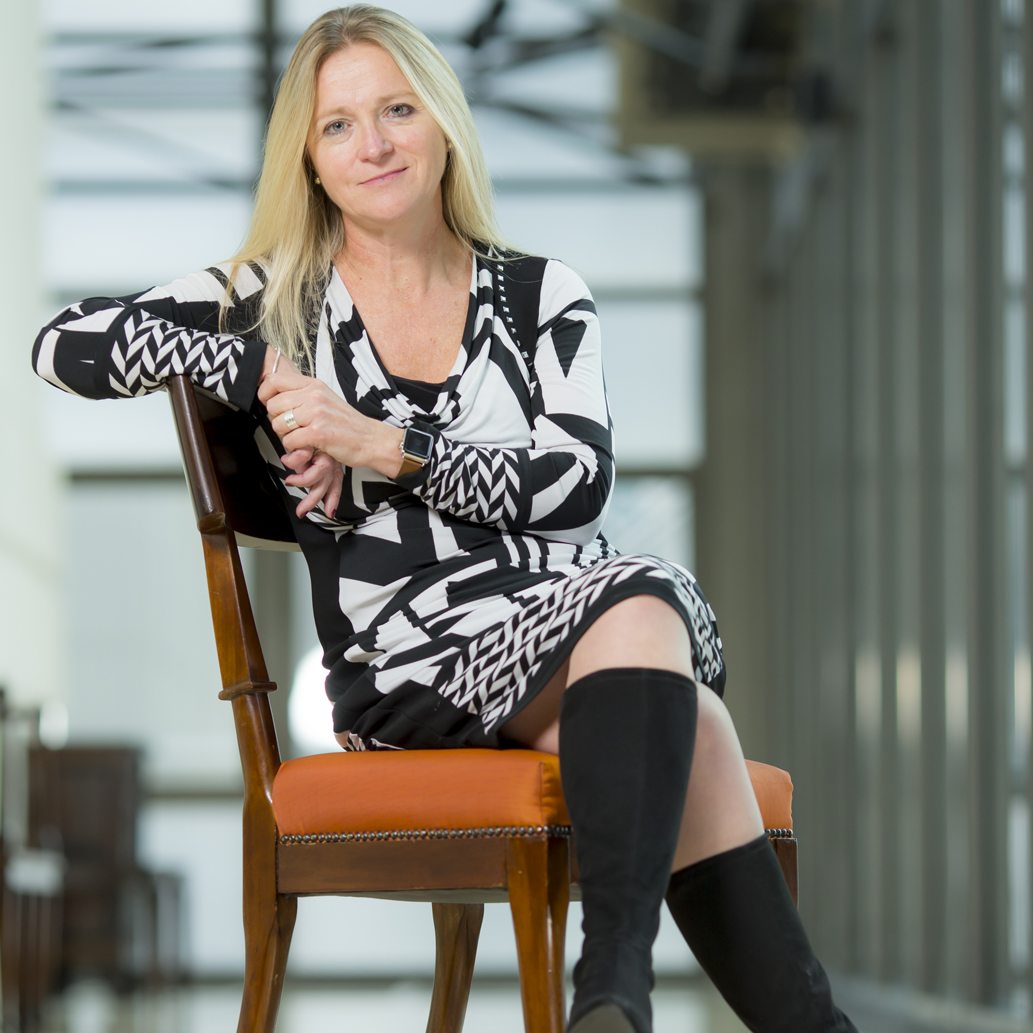
University of Bath – Human ResourcesSalary: £24,344 to £25,733 pro rata per annum, Grade 4
University of Strathclyde – Professional Services – Human Resources DirectorateSalary: £59,139 to £66,537
University of Strathclyde – Professional Services (Continuous Improvement, Estates, Finance, HR) – Human Resources DirectorateSalary: £37,174 to £45,413
You will lead HR Business Partnering, OD, and Learning & Development, and also oversee HR related managed services. You may already be an HR Director